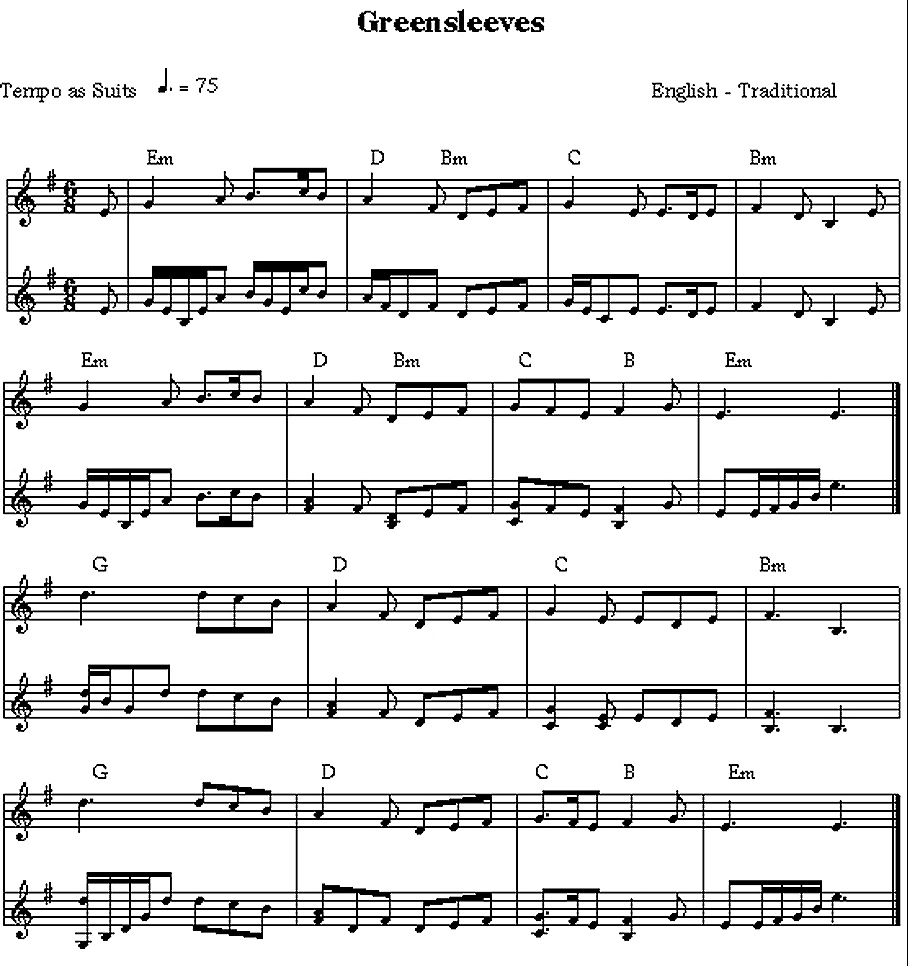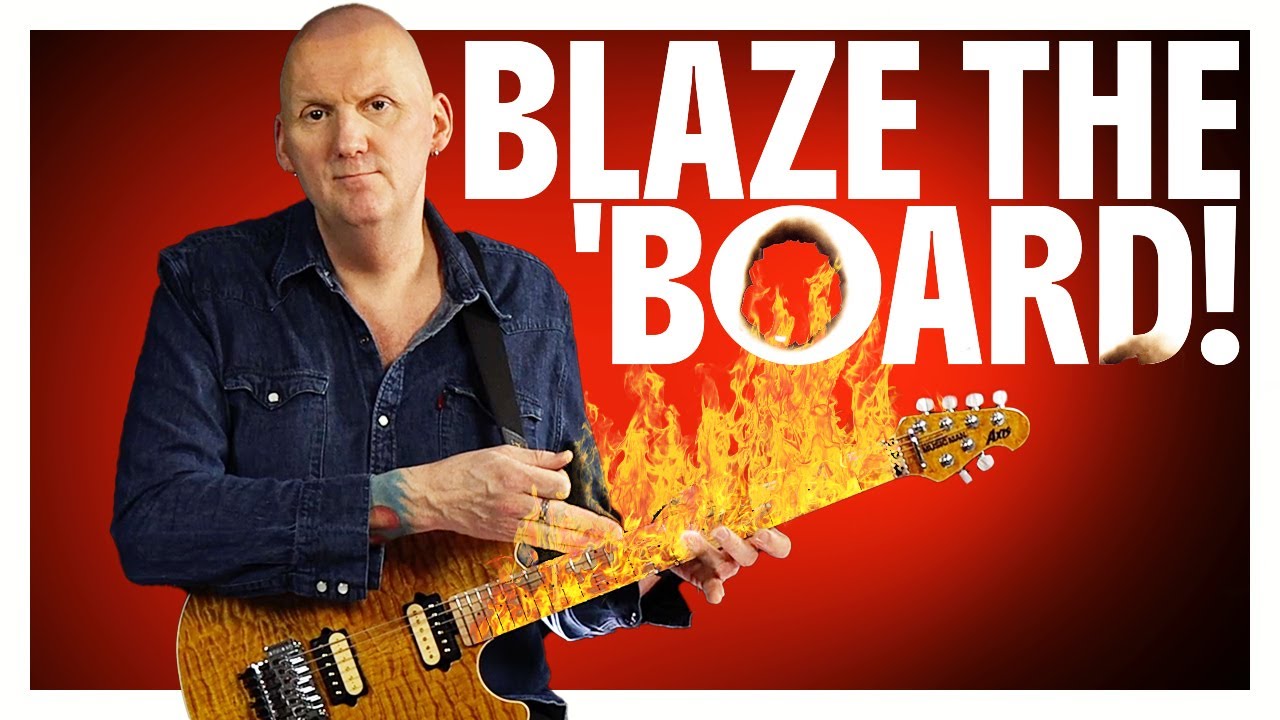Session Guitar: The Importance of Being Able to Sight Read

This week I would like to thank everyone so much for all the emails. It really helps me to understand what I can say here to help you become a better player and become a session player. And remember, you can leave comments right here about this topic or any future topic you have any questions about.
This week I am addressing a question that has a painfully obvious answer. Do you have to know how to sight read? The answer is simple. YES!
Now there are plenty of players who never learned how to read notation and have done well. However, when you can read, you open yourself up to several things.
By having the ability to read music, you have access to so much more work! Classical sessions, jazz sessions, country sessions. Now, I don't mean you will be sitting next to the top players in each of those categories. What I am talking about is being involved in a session that requires pseudo classical, or pseudo jazz.
Someone needs a guitarist who can play a classical guitar, and for maybe three minutes play a song as simple as "Greensleeves." No one expects you to be Segovia in the studio! Just be able to give the average listener a flavor of classical music by reading the notes on the page. If an internet commercial needs a pseudo jazz thingy, maybe you would be expected to comp chords in a timing written out, and play about 20 seconds of a line doubled by other instruments. They wouldn't expect you to be Joe Pass! (And trust me, most of the people I work for never even heard of Joe!) Just be able to give the flavor of jazz.
It's NOT difficult! Look at it like learning a new language. Slowly. Very slowly. Take some lessons. The music school down the street is a perfect place to start. It's like learning to read a book. A note is a letter. A few notes in a row might make a word. A longer stream of notes will become a sentence. And so on.
Here's something else you will get out of the ability to sight read: COMMUNICATION! Once you understand the language, you can communicate your own ideas with musician's in a very clear and absolute way.
All the latest guitar news, interviews, lessons, reviews, deals and more, direct to your inbox!
Want more? How about the ability to offer something immediate (Time is money) to a session. I cannot count the times I have offered to harmonize a line on the spot. Maybe on the spot is pushing it a bit. But I just take out my pencil and maybe some staff paper (part of every session player’s tool box) and write out the notes quickly and am ready in a minute with something they didn't think of, but that makes them sound better, and makes me look better. More work coming my way!
To end this blog, I'm going to sound like my grandpa for a minute and tell you about the past. I feel a deep sense of MUSICAL sadness for those who are born into today's world. (Turn on old Euro accent in head to read the rest of this!)
When I was a kid, music was different. It came from just a few places. Music was something that came from a little radio, one speaker, mono. Or maybe the record player. Mono. One speaker. Or maybe on television. On one of five to seven channels. Mono.
You would sit and look and listen deep into that speaker. No video. Just sound. Or even more special ... live. Doo-wop singers. Street musicians. Folk singers. The occasional concert in the park. I was too young to go to clubs, obviously. It also came off the pieces of paper that my dad would bring home for my brother Mike and me and ask us to play. "Moon River." "Scotch and Soda." Broadway tunes. "Fiddler on the Roof."
It was magic. It was special. Those Were The Days. We weren't bombarding our senses with music all the time, everywhere. There was silence too. Deep silence. The type of silence that makes you dream. And wonder. And wish.
Till next week …
Ron Zabrocki on Ron Zabrocki: I’m a session guitarist from New York, now living in Connecticut. I started playing at age 6, sight reading right off the bat. That’s how I was taught, so I just believed everyone started that way! I could pretty much sight read anything within a few years, and that aided me in becoming a session guy later in life. I took lessons from anyone I could and was fortunate enough to have some wonderful instructors, including John Scofield, Joe Pass and Alan DeMausse. I’ve played many jingle sessions, and even now I not only play them but have written a few. I’ve “ghosted” for a few people that shall remain nameless, but they get the credit and I got the money! I’ve played sessions in every style, from pop to jazz.
